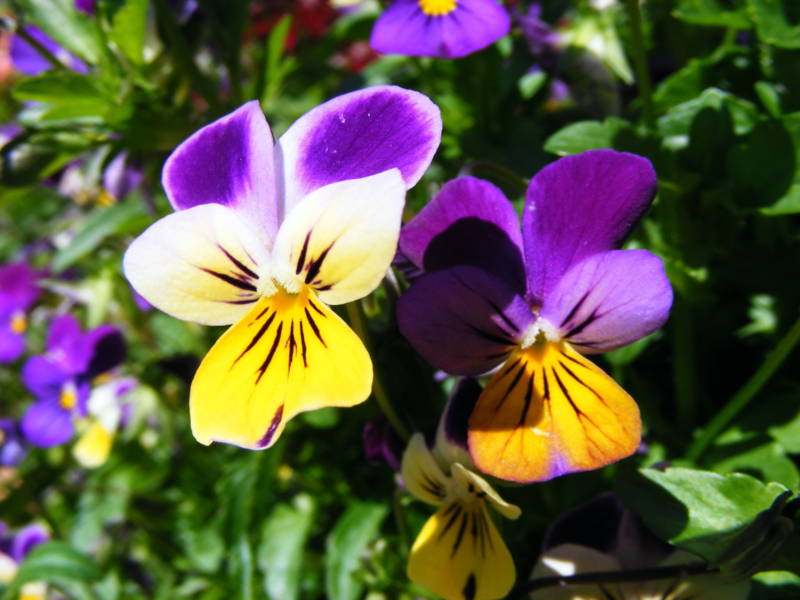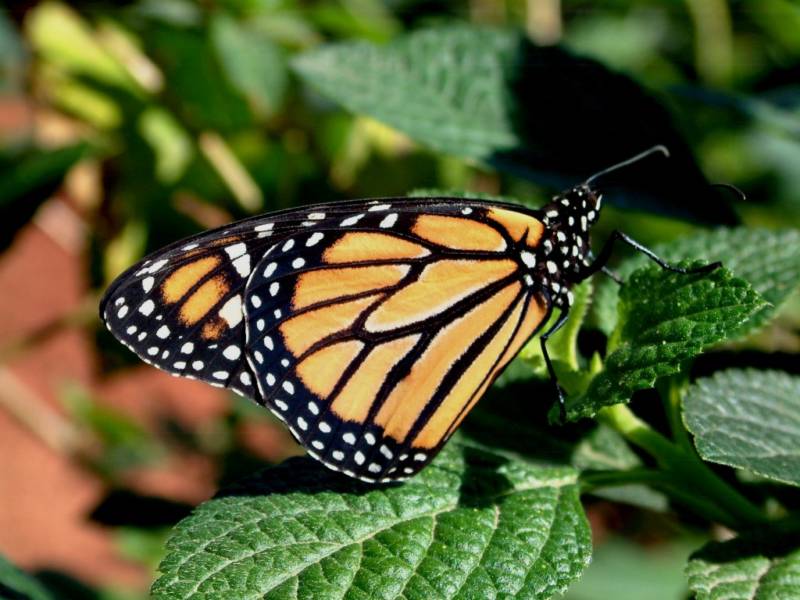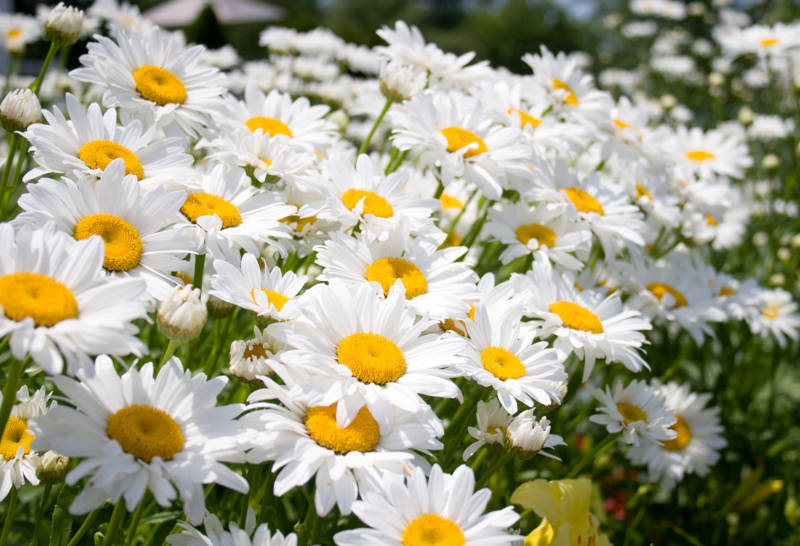First, you have an idea that you want to add some colour to your indoor or outdoor space. But wait, you’ve never gardened before. You’re not even sure you have what they call a “green thumb.” What is a green thumb anyways? Just as a note, it means a person has a nurturing gift for growing plants. Rest assured, all gardeners have to start somewhere. Yes, some seem to be born with a green thumb and others have to recite mighty prayers to not harm their plants. Experience and confidence do develop over time.
A garden isn’t looking for perfection. It will accommodate your many missteps along the way. There are going to be plants that look perfectly healthy in their packaging but once in your garden decide they don’t like their new home. Don’t despair — just dust off the soil from your gardening gloves and try again.
My parents loved to garden: Mom with her flower beds and Dad with his vegetable patch. One weekend, upon returning home, Mom led me to the back deck. Each year she planted colourful geraniums, pansies, and petunias in cedar planters made by Dad. A dehumidifier in the basement provided water for these plants. Well, Mom had reached for a jug thinking it was the filtered water and after watering her plants discovered too late, it was vinegar. Of course, the plants had to be replaced. I considered Mom an expert gardener with her amazing flowering plants, so if she could rise above a mistaken vinegar/water switch, you can be assured that “things” happen to all of us.
When you are starting your gardening hobby you will need a few basic tools:
- Watering can or garden hose (depending on the size and type of your garden)
- Hand trowel, spade or shovel
- Gardening gloves (include a pair of leather or heavy material to handle plants with thorns)
- Rake (comes in handy for cleaning up)
- Scissors and hand clippers or garden shears for pruning
- Quality soil (potting soil if creating container gardens)
- Plant fertilizer (look for all purpose, water-soluble 20-20-20. [First number is N=nitrogen, for green colouring and stem development; P=phosphorus, for root development; K=potassium, for sturdy stock and flower development])
- Triple mix, compost or manure (sheep, cow) to enhance soil conditions
- Plants – annuals, perennials (look for low OPALS ranking)
There are a few key aspects to successful gardening that every beginner should know:
SOIL It’s doubtful that you will dig into the earth and come away with ideal planting soil. You want a loamy soil which holds moisture well and is fertile that plants like. It’s a combination of sandy soil, silt soil, and clay soil. Think of the desired soil as a nice crumbling mix that is easy to dig. You can enrich your soil with manure, peat moss, and compost. You will want to improve your soil before starting to plant. If planting for indoors, look for a soilless mix which contains perlite, vermiculite, peat moss, and a wetting agent. Some indoor soil mixes may contain fertilizer.
LIGHT Before you even start to plan what plants to buy, you need to know how much light your garden will get. Check for any trees, buildings or fences that could block the sunlight. There are plants suitable for full sun (6 or more hours of bright, direct sun a day), part shade/part sun (4 – 6 hours of direct sun a day), and shade (4 hours or less of direct sunlight). The plant identification tag will provide the required light conditions.
PLANTS Flowering plants are either annuals or perennials. Annuals must be planted each year as they only last one growing season. Perennials will return yearly. They may need replacing over time but generally are pretty resilient.
WATER Regardless if you live in desert-like conditions or seasonal climates, your plants will require weekly waterings. You will want to water in the cool of the day to prevent water evaporating too quickly. Depending on the plant material you may need to water your garden at least three times a week. You don’t want to oversaturate but rather to give the garden a good soak.
FERTILIZER There are various products on the market that will add the required nutrients. There are both chemical and organic fertilizers. If possible, use products that are organic to help improve the soil over time. Compost is a welcome friend to your garden!
If you are new to gardening, you will want to start small. Remember you can always expand your garden as your confidence grows.
Happy Gardening! Janice
[ezcol_1third]

[/ezcol_1third] [ezcol_1third]

[/ezcol_1third] [ezcol_1third_end]

[/ezcol_1third_end]